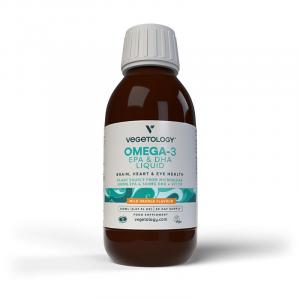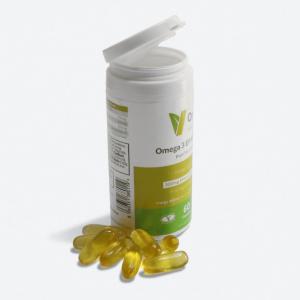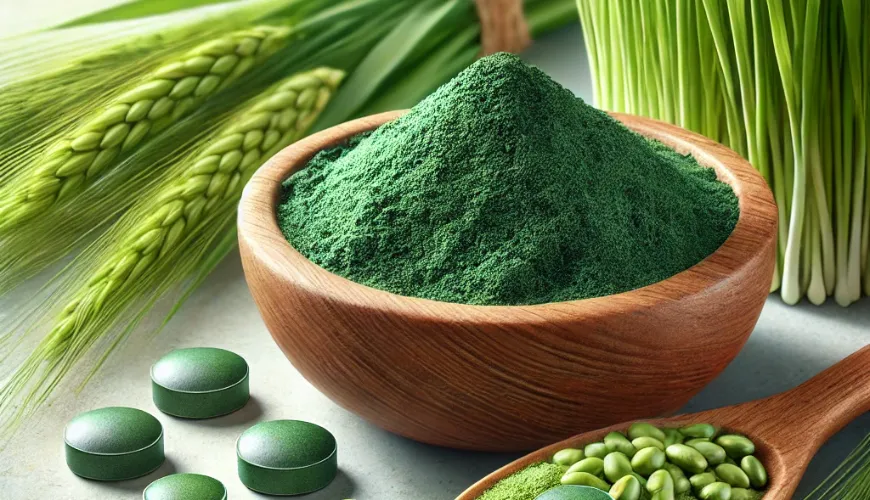
How is dry mouth related to your oral hygiene?

Dry Mouth - A Subtle Symptom That May Reveal More Than You Think
When you mention dry mouth, most people think of medication side effects, stress, dehydration, or the consequences of too much coffee. But what if this common occurrence repeats without an apparent cause, lasts long-term, and worsens quality of life? In some cases, chronic dry mouth can also be one of the first signs of more serious diseases, including certain types of cancer. This doesn't mean that every instance of dry mouth is cause for panic – but it definitely shouldn't be ignored.
When Salivary Glands Stop Cooperating
Saliva is an unobtrusive but essential protector of the oral cavity. Not only does it aid in swallowing, digestion, or speaking, but it also protects teeth from decay and gums from infection. If its production significantly decreases, xerostomia occurs, a condition known as "dry mouth."
The causes can vary – from common dehydration, side effects of more than 400 types of medications, to autoimmune diseases such as Sjögren's syndrome. But sometimes, dry mouth can also be an early warning sign of cancer, especially in the head and neck area.
A publication by the International Agency for Research on Cancer (IARC), which is part of the World Health Organization, for instance, highlights the link between recurring dry mouth sensation and tumors of the salivary glands or tongue base. Although these are rare cases, early recognition of symptoms can significantly influence prognosis.
How Is Dry Mouth Related to Cancer?
In the case of tumors in the oral cavity area, such as cancer of the tongue, palate, tonsils, or pharynx, dry mouth can be one of the indirect symptoms. It occurs either due to direct involvement of the salivary glands by the tumor or due to their damage during treatment – for example, during radiation in the head and neck area, which severely disrupts the glands' ability to produce saliva.
Patients undergoing radiotherapy often describe feelings like:
- “I have a dry mouth, even though I drink water all day.”
- “Food tastes different, I can't swallow.”
- “It feels like I have a mouth full of sand.”
Similar manifestations are also common in people treated with chemotherapy, which can damage mucous membranes throughout the digestive tract. In both cases, it is not just discomfort – dry mouth can lead to other complications, such as tooth decay, infections, or difficulty speaking and swallowing. Quality of life significantly deteriorates, and therefore finding a solution is important.
An interesting case is that of Mrs. Hana, a 52-year-old teacher, who complained of persistent dry mouth and pain during eating for more than half a year. Initially, she attributed it to menopause or stress at school. Only after visiting an ENT specialist and subsequent histological examination was a small tumor on the soft palate discovered. Thanks to early diagnosis and rapid treatment, the disease was halted in its initial stage. “If I had let it go, I might be in a completely different place today,” she says now.
Don't Let Your Body Whisper in Vain
Although dry mouth is mostly unrelated to cancer, completely overlooking it might not pay off — especially if it appears suddenly, unusually strong, or without a clear reason, and persists for a longer period. Those who should be cautious are mainly those who have undergone cancer treatment in the head and neck area, take multiple medications long-term, have autoimmune diseases, smoke, frequently consume alcohol, or notice changes in taste, swallowing, or speech.
According to the Czech Oncology Society, early detection of head and neck carcinoma is crucial: “When detected early, the treatability is significantly higher and the likelihood of preserving organ function is greater.” However, they emphasize that dry mouth is not a diagnostic sign on its own, but in combination with other symptoms, it should lead to further examination.
Natural Support for Relief – and Prevention
Dry mouth can be addressed in various ways, from adjusting medication to natural supportive means that stimulate saliva production. Moisturizing sprays, oral gels, and sugar-free chewing gums can provide quick relief, but a long-term approach is more important.
Increased water intake, humidifying the room air, or limiting caffeine and alcohol has a positive impact not only on the mucous membranes but also on overall body hydration. Some herbs – such as licorice, chamomile, or sage – have anti-inflammatory effects and can help soothe irritated oral cavities.
The range of natural solutions increasingly features products that do not contain synthetic substances and also respect sustainability. E-shops like Ferwer, focused on a healthy lifestyle and ecology, offer natural mouthwashes, fluoride-free herbal pastes, or sprays with aloe vera. These products not only help to moisturize the mouth but also do not contain harmful chemicals that might irritate already sensitive mucous membranes.
In addition, it's important not to forget regular visits to the dentist, who can notice warning signs before the patient themselves. Unlike other parts of the body, the mouth is constantly visible – or rather, on tongues – and any change should be consulted with a specialist.
Prevention Is More Than Just "Don't Smoke"
Although it may seem like a cliché, a healthy lifestyle is key to reducing the risk of cancer and limiting symptoms like dry mouth. Regular exercise, sufficient hydration, a balanced diet rich in antioxidants, and stress reduction are factors that influence the overall condition of mucous membranes.
Scientific studies show that people who consume more fruits, vegetables, and omega-3 fatty acids have a lower likelihood of developing inflammation and certain types of cancer. Moreover, such a diet contributes to better tissue regeneration and maintaining balance in the oral microbiome – which is important not only for fresh breath but also for resistance to infections or neoplastic changes.
Try our natural products
When the body signals that something is wrong, it usually doesn't do so for no reason. Dry mouth may be just a minor inconvenience – but it can also be the beginning of a story worth taking seriously. As the renowned doctor and writer Atul Gawande said: “In modern medicine, the greatest challenge is learning to listen to what the body whispers – not just what it shouts.”
And therein lies the key not only to early diagnosis but also to better self-care.





